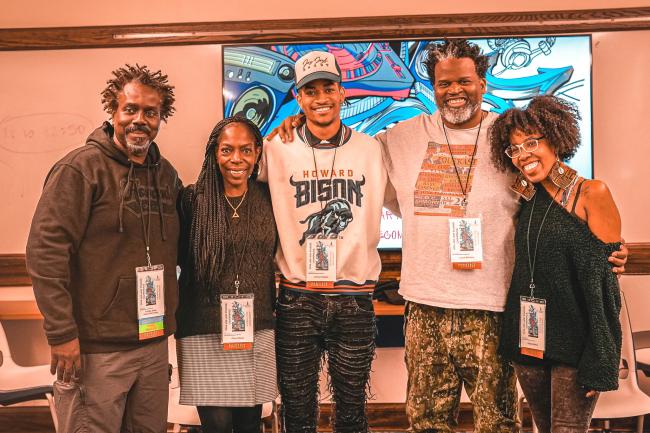The role of the artist is exactly the same as the role of the lover. If I love you, I have to make you conscious of the things you don’t see.”
― James Baldwin
The second annual Hip-Hop Studies Conference proved to be a profound reflection of hip-hop’s multifaceted influence. Bringing together scholars, artists, community organizers, poets, and music industry veterans, the event underscored the importance of studying hip-hop and understanding its vast impact across various disciplines and global communities. Through thoughtful panels and discussions, the conference affirmed that hip-hop is not just a genre of music—but a cultural force capable of uniting diverse groups and sparking social change.
On November 15 in Frederick Douglass Memorial Hall, Msia K. Clark, Ph.D., the inaugural director of Howard University’s Hip-Hop Studies department, Roger Caruth, Ph.D. ’13, and alumnus and professor Timothy D. Jones (B.A. ’91) were among those who warmly greeted attendees as they entered the conference’s opening reception. They discussed the newly introduced hip-hop minor, which aims to bring interdisciplinary discourse to Howard’s academic landscape.
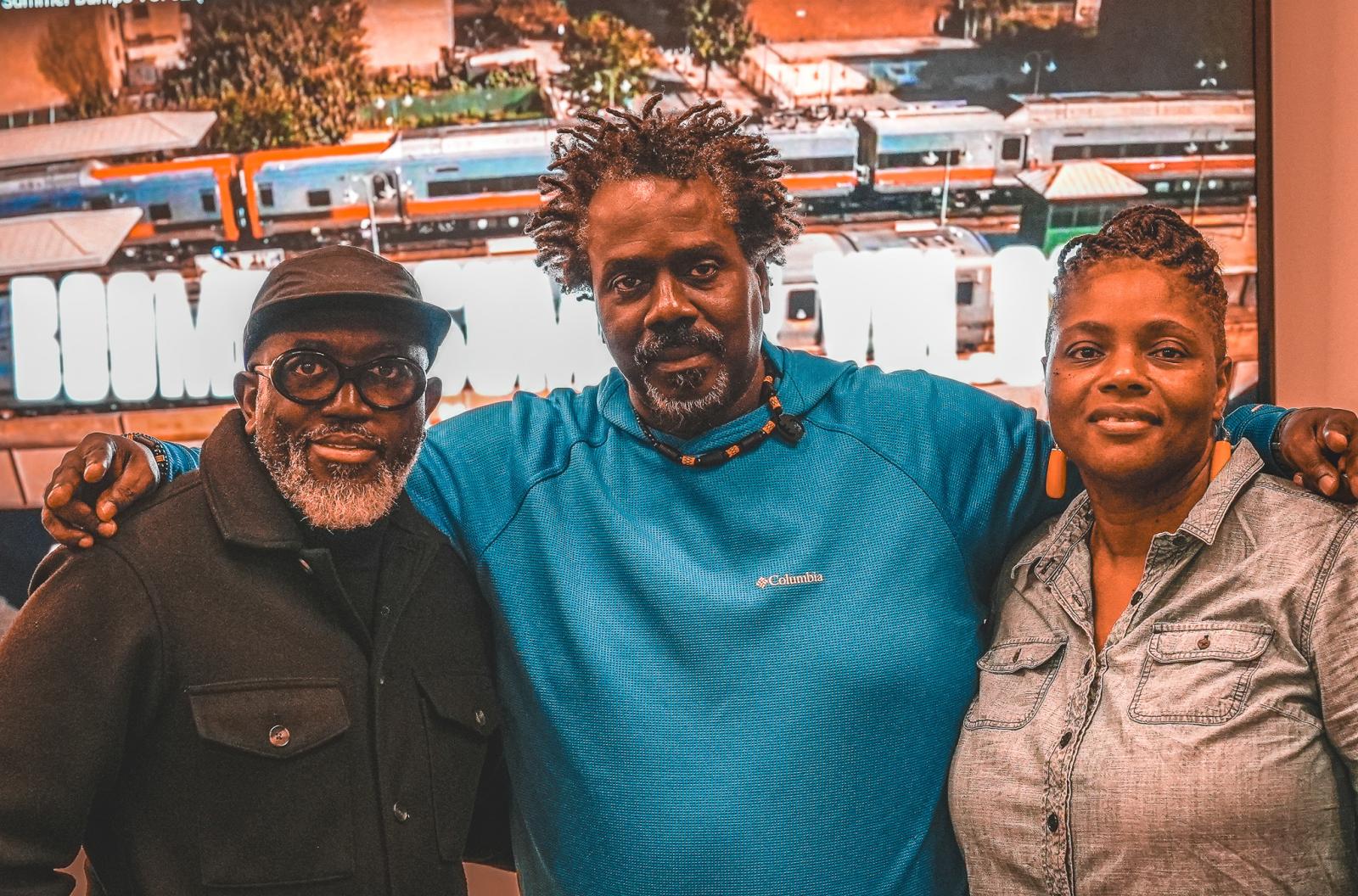
During the first full day of the conference, the “Things Done Changed: Hip-Hop Communities in Flux (Words, Beats & Life) session featured passionate conversations about coalition-building within the hip-hop community. The discussion covered key topics of discourse within developing coalitions such as priorities, funding, and mobilization. It also encouraged participants to consider how the arts are shaped by collective efforts, aligning with contemporary movements in our country’s political landscape, urging attendees to reflect on hip-hop’s long-standing role as a tool for resistance against systemic oppression.
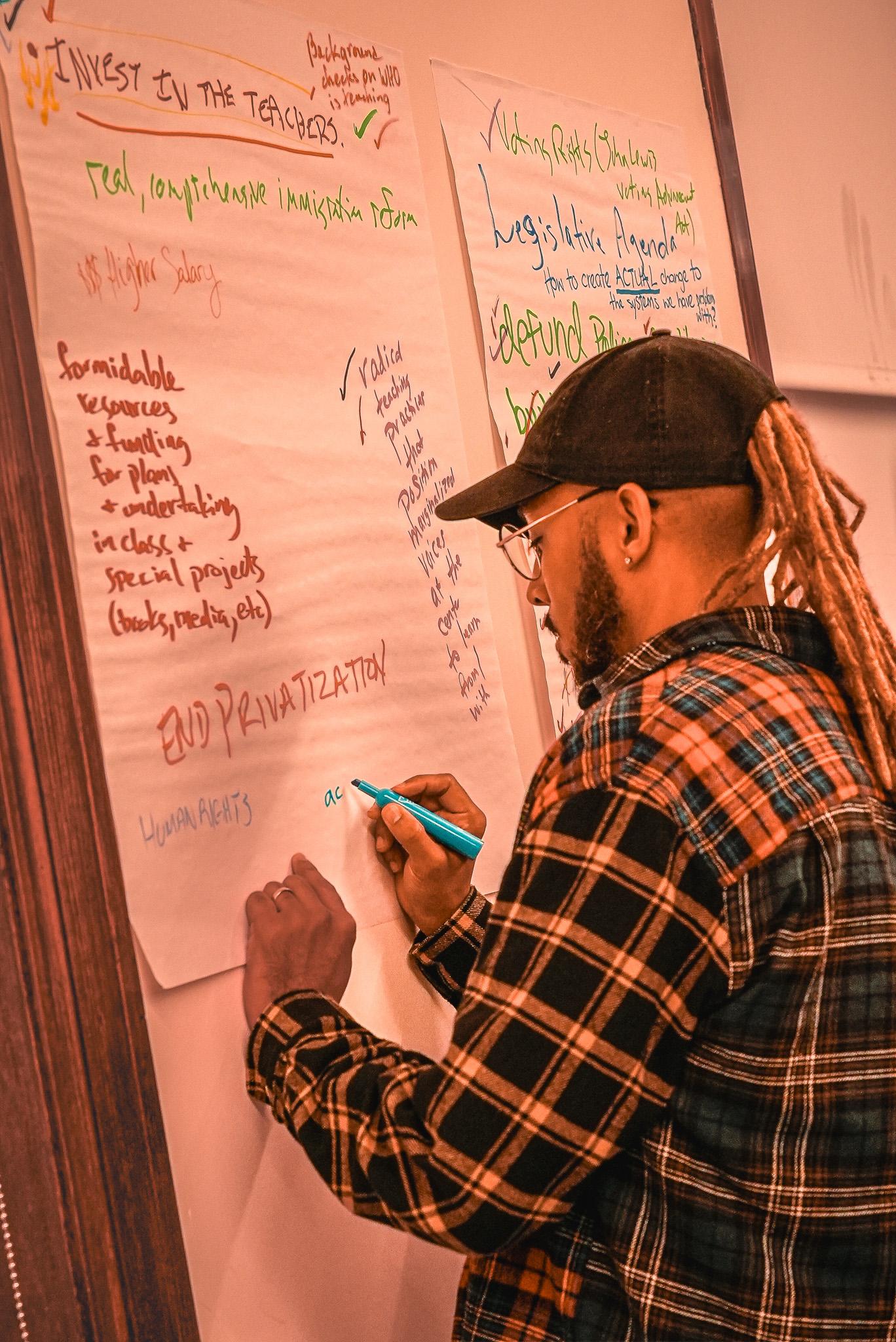
Howard University, known for amplifying Black voices, has an undeniable connection to hip-hop culture. At a panel titled “‘ABC 123’: When We Archive Black Culture (ABC) and the Artifacts Become Curricula (ABC),” Lance Williams, storyteller, archivist, and music industry veteran, shared artifacts representative of Howard’s hip-hop culture. From back-to-school events to iconic Homecoming performances from artists like Wu-Tang Clan, Raekwon, and Foxy Brown, these materials highlighted Howard’s deep-rooted history in Hip-Hop and Black culture. In the session, there was a sense that in recent years the University had somewhat “lost touch with this legacy.” Regarding Howard’s relation to its hip-hop roots, Williams stated, “Until the University values the “art”-ifact, we will never be what we truly can be.”
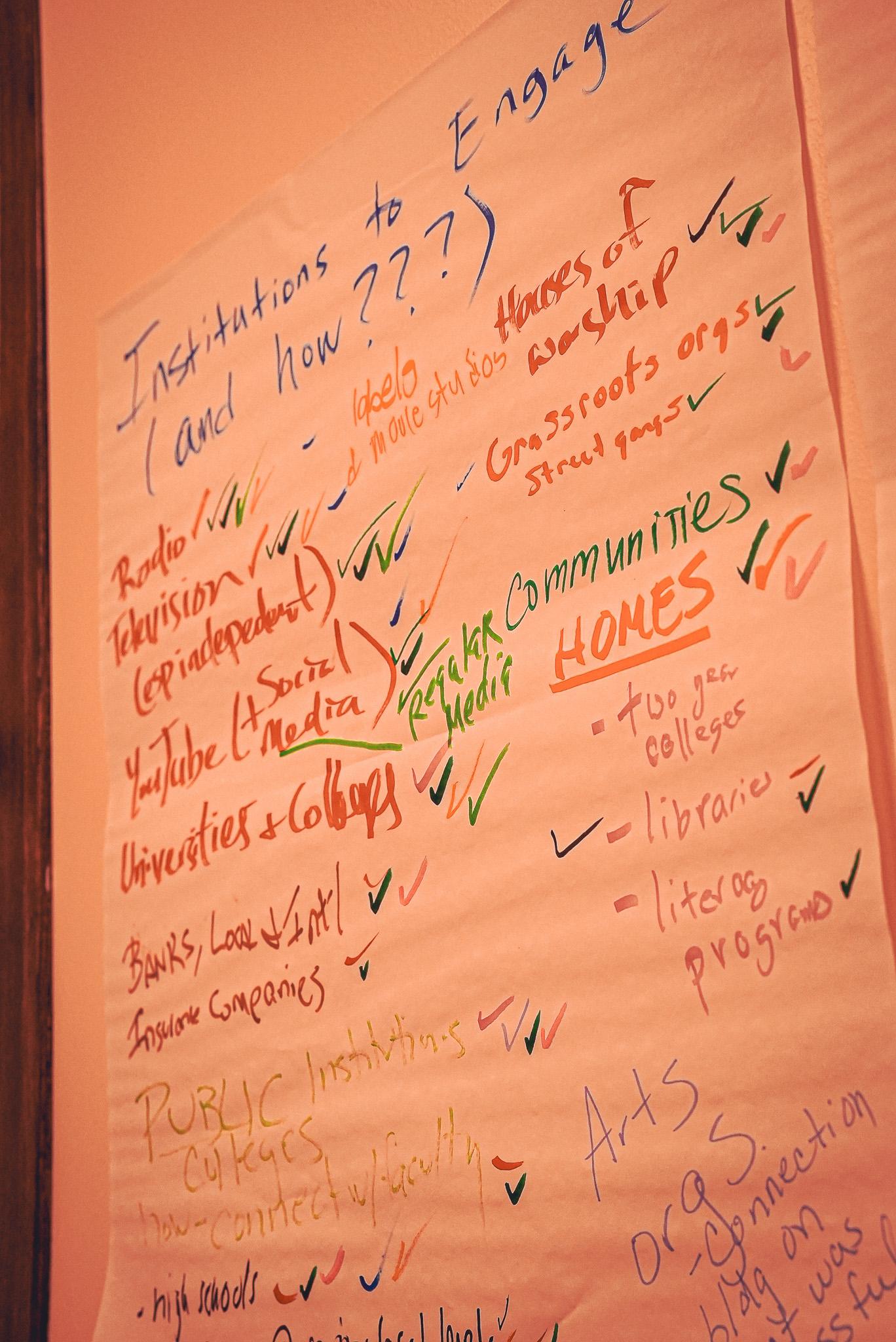
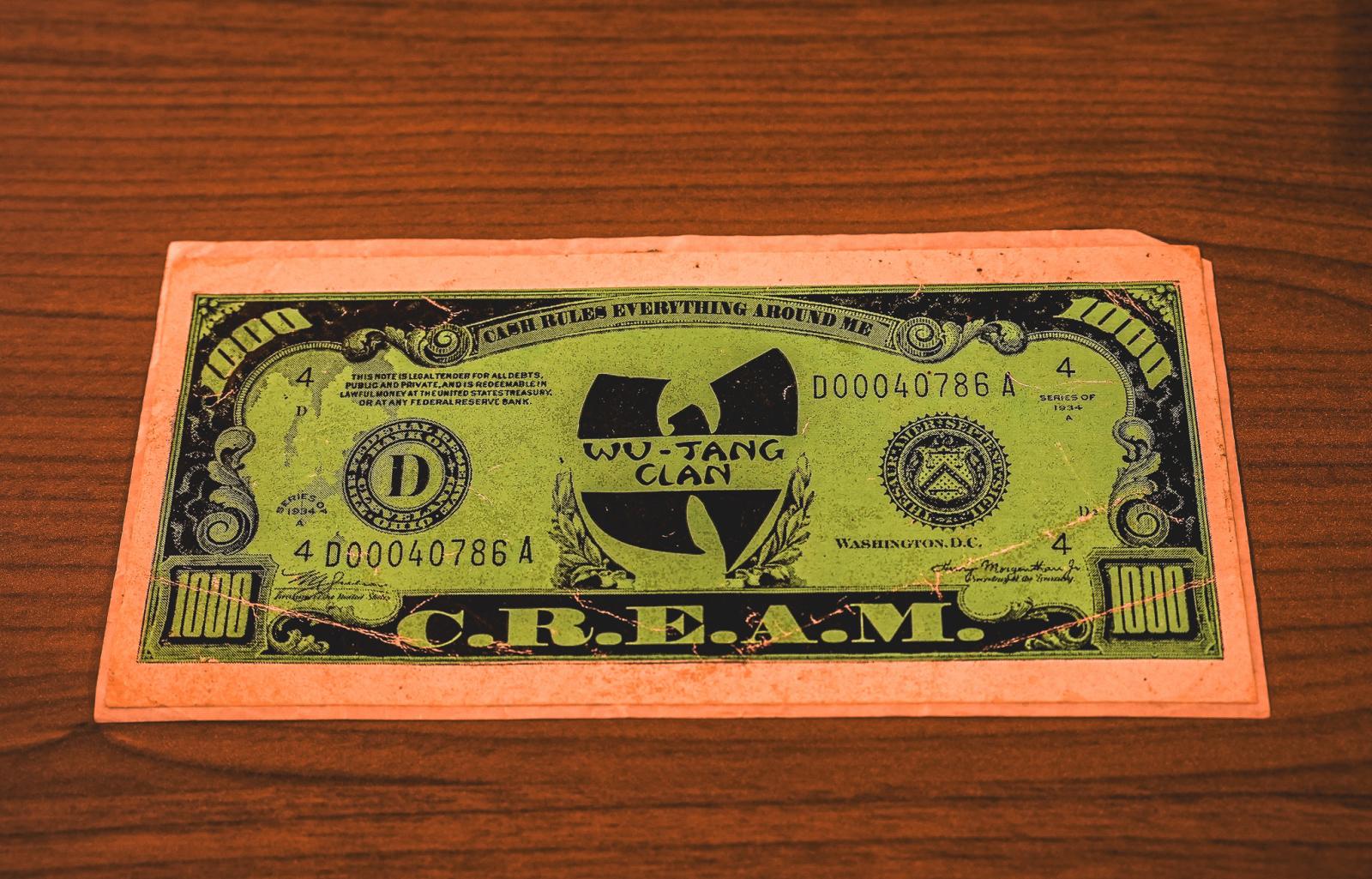
Through SiriusXM’s partnership with the Hip-Hop Studies Conference, there were amazing efforts made to acknowledge the artists currently attending our University.
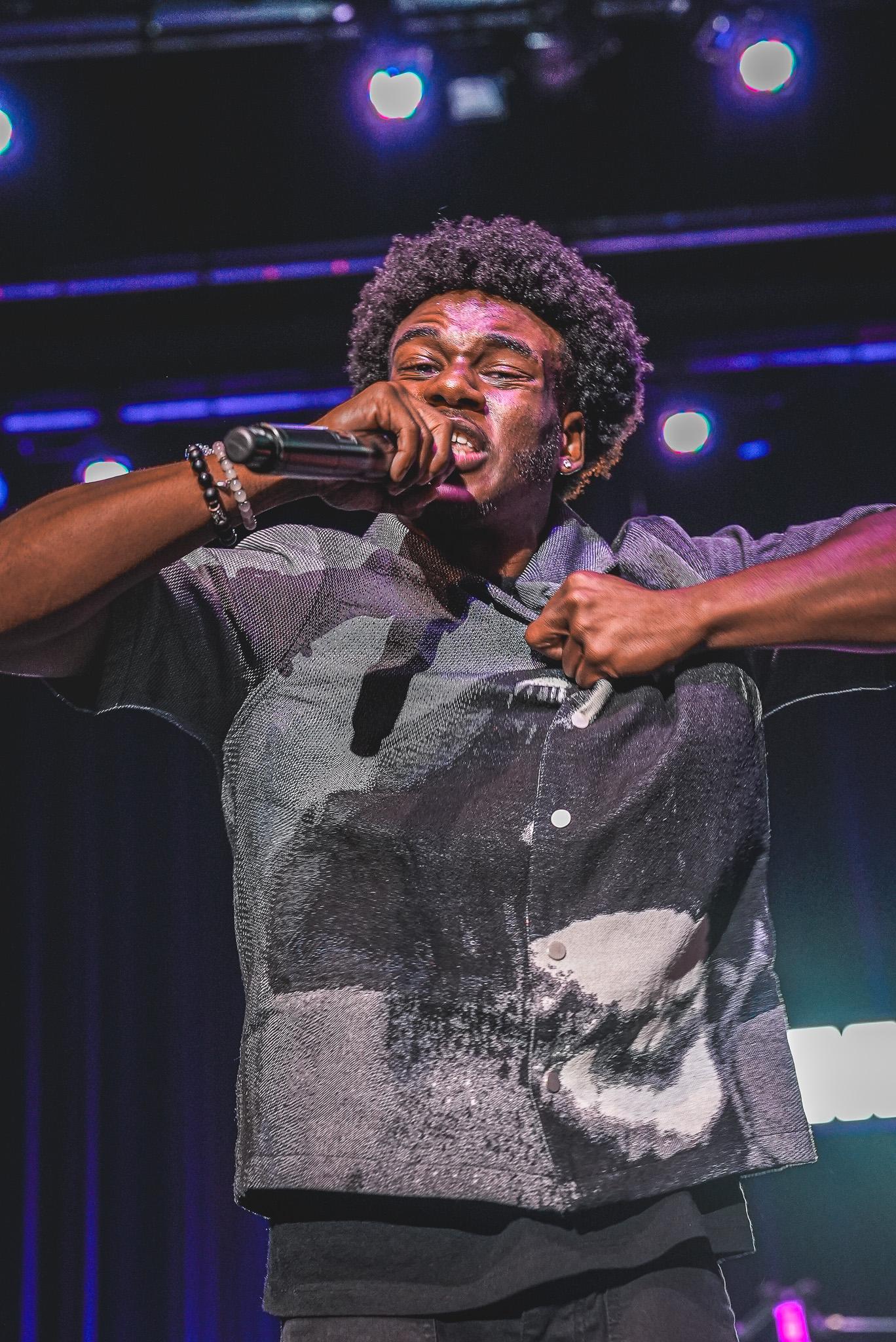
Openers for the “Closer to Hip-Hop" concert commended SiriusXM for the kindness, respect, and care that was shown to them behind the scenes. Me’Kayla “Me’Kayla Chenai” Rothmiller, a Howard student and artist who performed at the SiriusXM “Closer to Hip-Hop” concert, described the experience as one that made her feel truly appreciated.
“They wanted us to be there. They wanted us to have that opportunity,” she said, referring to the SiriusXM staff’s positive energy, complementary green rooms, and thoughtful amenities provided for artists.
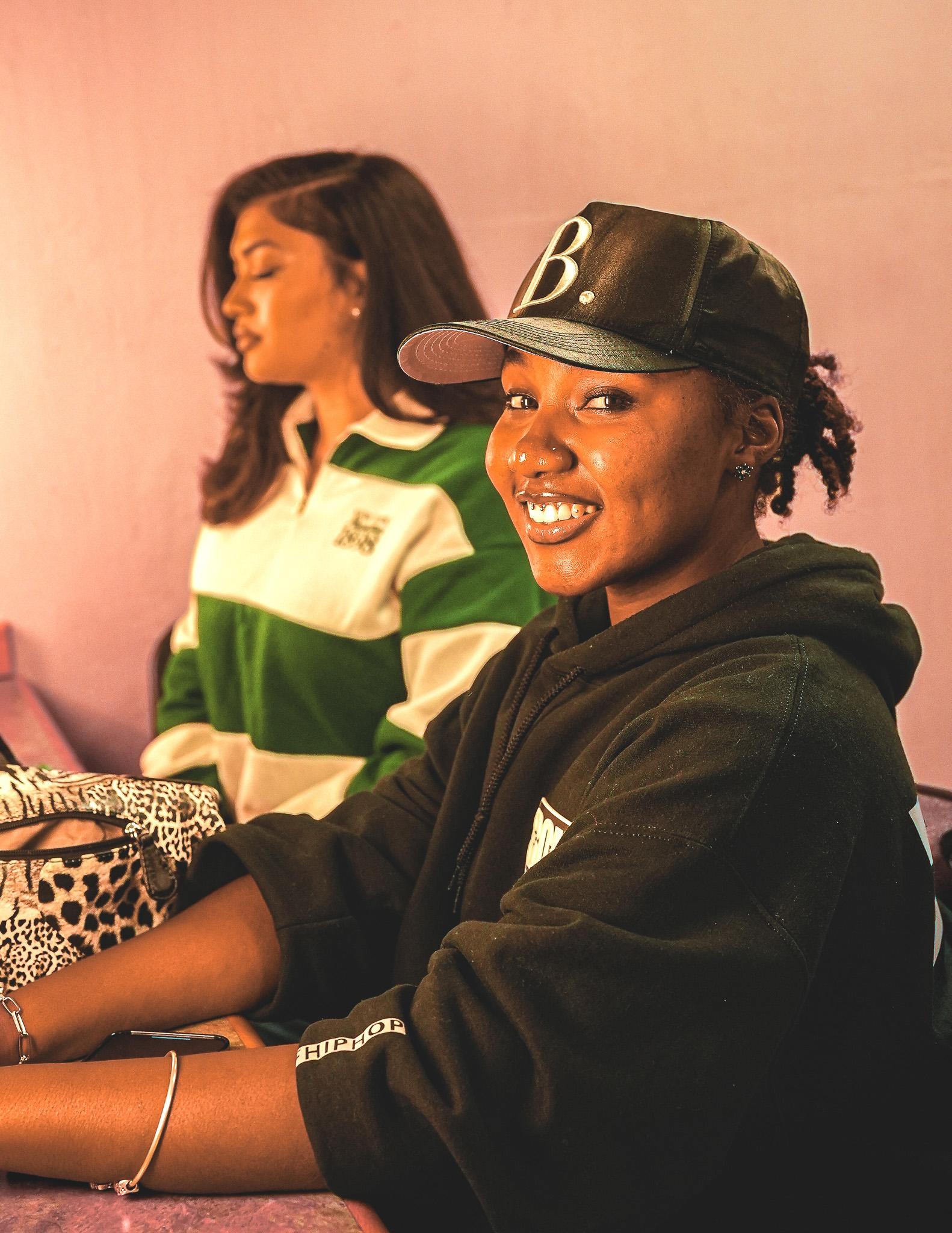
This differed from the treatment she felt student-artists typically receive. She expressed that, regarding Howard-run student performances, “It seems as though they view our artistry as a hobby[...]they think we rolled over one day when we got here and said, ‘I want to do Hip-Hop.’”
When asked about the future of hip-hop at Howard, Rothmiller stated, “Every day you live is a day in history and you have to treat it as such.” She expressed that Howard’s earlier hip-hop legacy is star-studded, but, if the University continues to undervalue their student artists, they may face a separation from the legacy of hip-hop to come.
Despite the challenges, Me’Kayla remains passionate about hip-hop’s potential to inspire and unite. “Hip-hop has the power to move an entire generation of people to greatness or to detriment,” she said. “This is a gift from God for us, and we put our all into it.”
Read More about Hip-Hop at Howard University
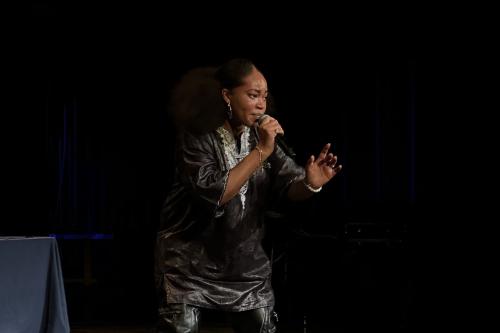
“Hip-hop has transcended.” Howard University community members reflect on Hip-Hop 50: Past, Present, and Future Conference
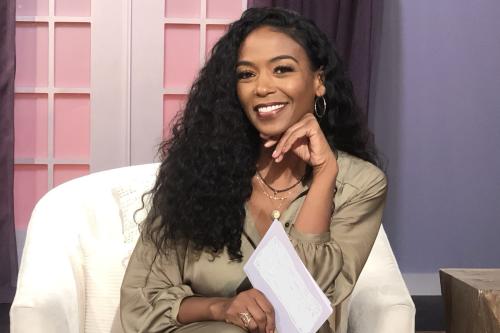
Hip-Hop History Month: Alumna Ananda Lewis is a Survivor, She’s Not Gon’ Give Up
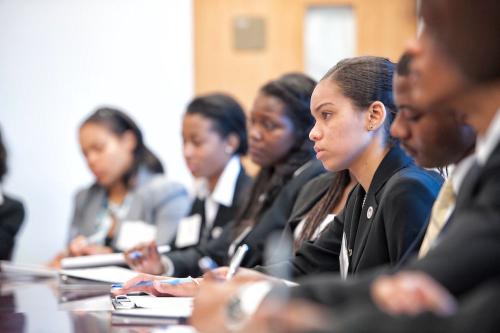
Howard University Law Students Campaign Against the Criminalization of Hip-Hop
There is something special about a multi-hyphenate Black woman that is strong in her pen and her mind,”
HBCU Alums Moving Hip-Hop Forward
In addition to recognizing students’ creativity, the conference also highlighted the value of creating opportunities for HBCU students to gain knowledge and experience in the music industry. Joshua “J1” Raiford, a Morehouse College alumnus and the current vice president of music programming for SiriusXM, spoke to Howard students about being an HBCU alumnus, an industry executive, and being involved with SiriusXM’s partnership with HBCUs today.
In our discussion, Raiford highlighted the company’s Pathways Program which offers full-time opportunities to recent HBCU graduates. Students from Howard, Morehouse, and FAMU “all come in various departments and make an immediate impact”, said Raiford.
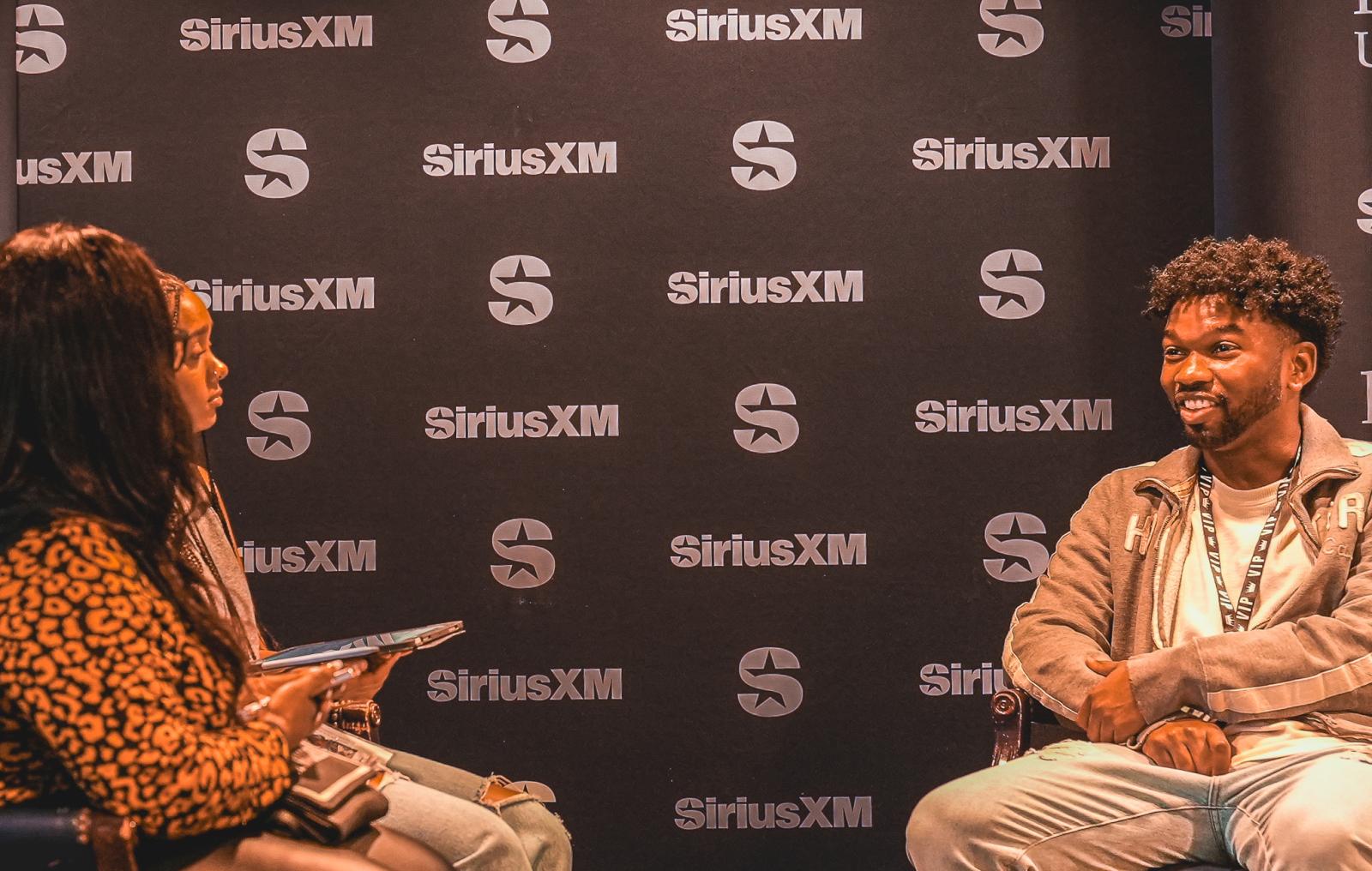
“I am hoping that it is a two-way street. I want us to make sure that it’s a year-round relationship. So, when we are hiring for certain positions, we’re coming to Howard University or we’re going to the AUC Center and we’re recruiting the best and the brightest. And not just recruiting them, but developing them into the future leaders of our company and the industry as a whole.”
In discussing the role attending an HBCU had in preparing him for his current position, Raiford stated, “Going to an HBCU shows you how to hustle, especially when maybe not all the resources or answers are afforded to you. And it also shows you how to network…you need to know who to talk to make sure that your stuff is taken care of. And those sorts of people skills and fellowship skills, those are real-world skills. Yes, the classroom knowledge is important, but you have to know how to implement that type of knowledge when you’re out in the world.”
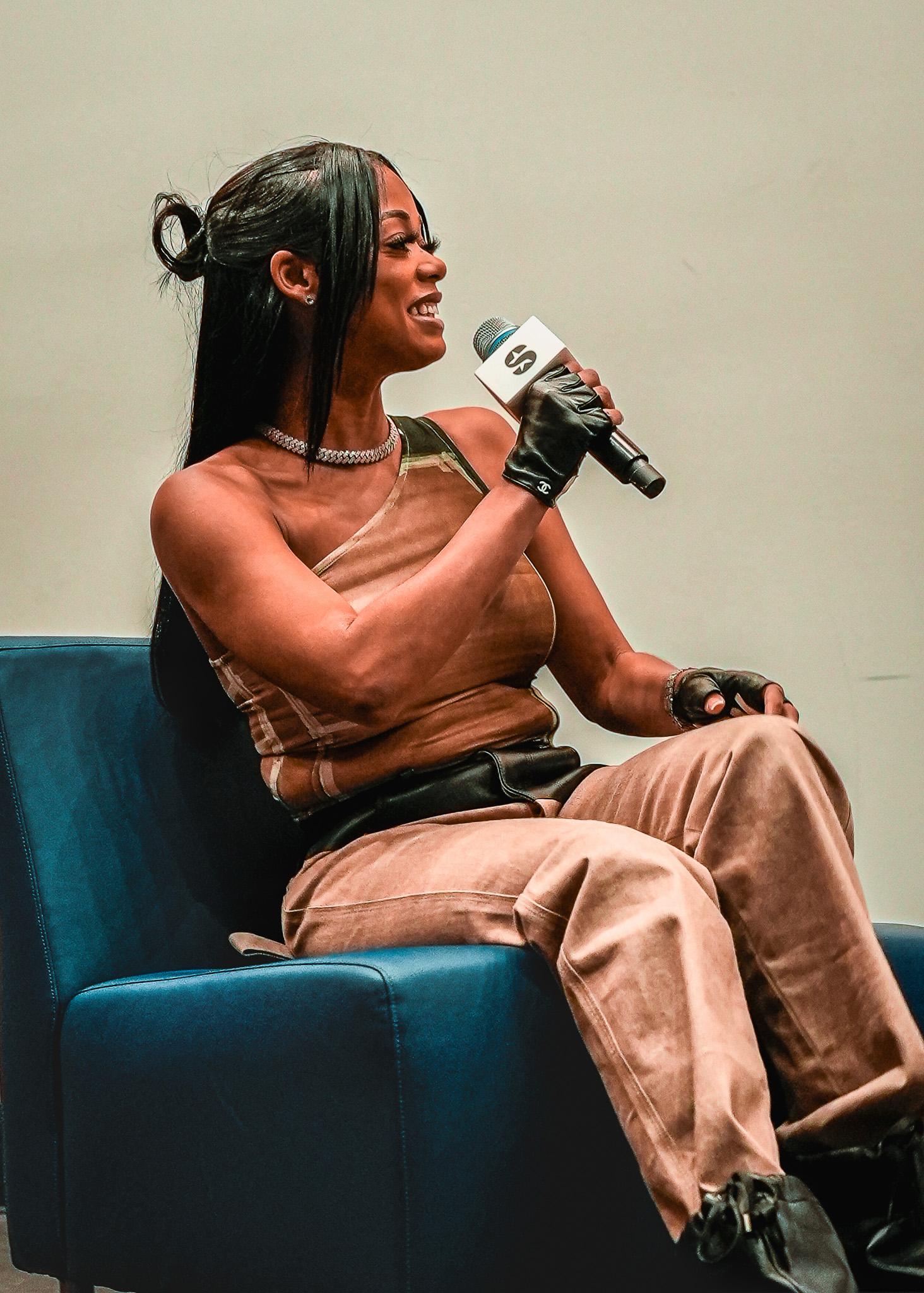
Alumna and lyricist Lady London shared how her time at Howard shaped her as an artist. She noted that open mics on and off Howard’s campus awarded her recognition in the DC poetry scene and $20 Chipotle gift cards to feed her and her friends. “There is something special about a multi-hyphenate Black woman that is strong in her pen and her mind,” she said, embracing her dual identity as both a poet and a lyricist.
With the hip-hop minor being introduced to Howard’s curriculum, Lady London expressed excitement for how the study of hip-hop will unfold. She advocated for the involvement of Greg Carr, an associate professor in Howard’s Department of Afro-American Studies, in administering the courses deciphering hip-hop music. She also sees herself in this space as well, acknowledging the potential of her lyrics being critically analyzed in Howard’s academic offerings.
“I would love to even teach a symposium for [hip-hop] at my Alma Mater. I think that my lyricism should be some type of subject matter in it. Not only because of my allegiance to the school, but because of what I feel like I bring uniquely to the industry right now” London said.
London also spoke to the power of Howard’s overall alumni network within the entertainment industry. “It’s not every day that you have a Taraji (BFA ’95), an Anthony Anderson (BFA ’22), a Lance Gross (B.A. ’04), or a Lady London within your direct alumni network walking around Homecoming with you,” she said.
Looking to gain more knowledge from the students of hip-hop currently at Howard, I spoke to student, educator, activist, and artist Joshua Hughes “Jus Josh.” As a panelist for the “ABC 123” panel, Joshua pointed out the importance of connecting modern hip-hop to its 1970s roots. Hughes advocated for teaching students about hip-hop’s history to deepen their appreciation for its cultural significance to the genre’s modern state.
“There’s this theory called ‘broken-window theory’ which says if there’s a nice community with one broken window, then that broken window looks out of place. But if there’s an impoverished community and all the windows are broken then it doesn’t really matter what window is broken,” he said.
Hughes described the “broken-window theory” as a metaphor for understanding the context in which artists create their works in.
“Those windows aren’t necessarily broken intentionally for vandalism purposes, I feel like it’s really like an open window as a means to escape. It’s like we’re trapped in a burning building and we need to get out somehow so we just break the window, but from the outside looking in, you don't see the fire in the building, you just see a window being broken” Joshua shared. His sentiment aligns with the idea that hip-hop’s expression of rebellion is not merely about chaos but seeking escape and creating something meaningful in response to systemic issues.
In discussing how he envisions the future of hip-hop he states, “I think we need to break more windows, break more doors down, and really just tear the whole building down completely and rebuild our buildings but not be afraid to really delve deep into what the foundation of those buildings look like.”
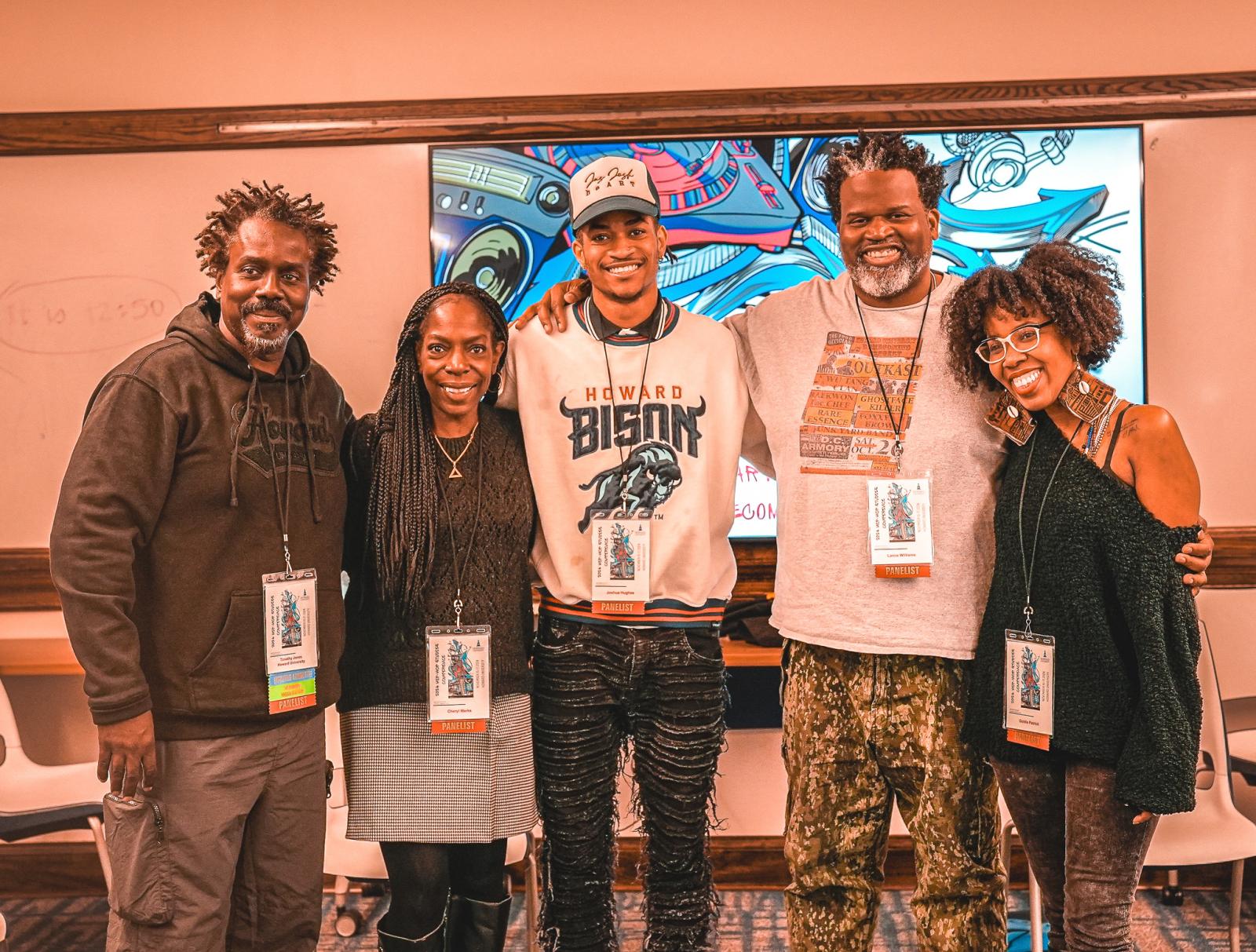
Manifesting Hip-Hop’s Future
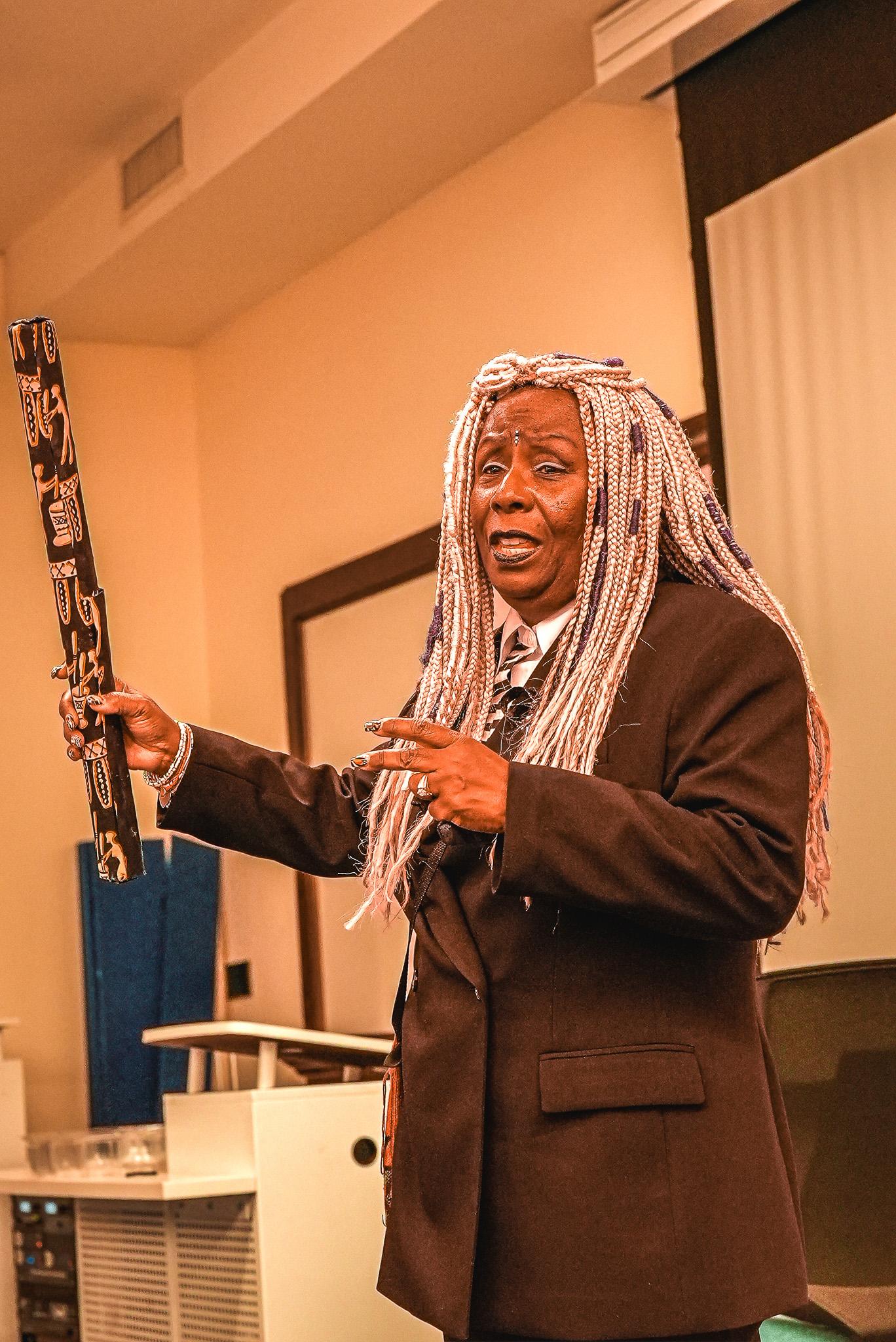
At the conference’s closing ceremony, Howard’s School of Education Adjunct Professor P. Tandhi Hicks Harper, Ph.D., shed light on the origins of hip-hop developmental theory, first researched and developed at Howard University in 1987. Hicks Harper emphasized the importance of intangible qualities like spirit, harmony, and morality in understanding hip-hop, particularly in contrast to Western ideologies that prioritize logic over expression. This powerful reflection solidified the legitimacy and future of the new hip-hop studies minor, further demonstrating Howard’s commitment to elevating hip-hop as a serious field of study.
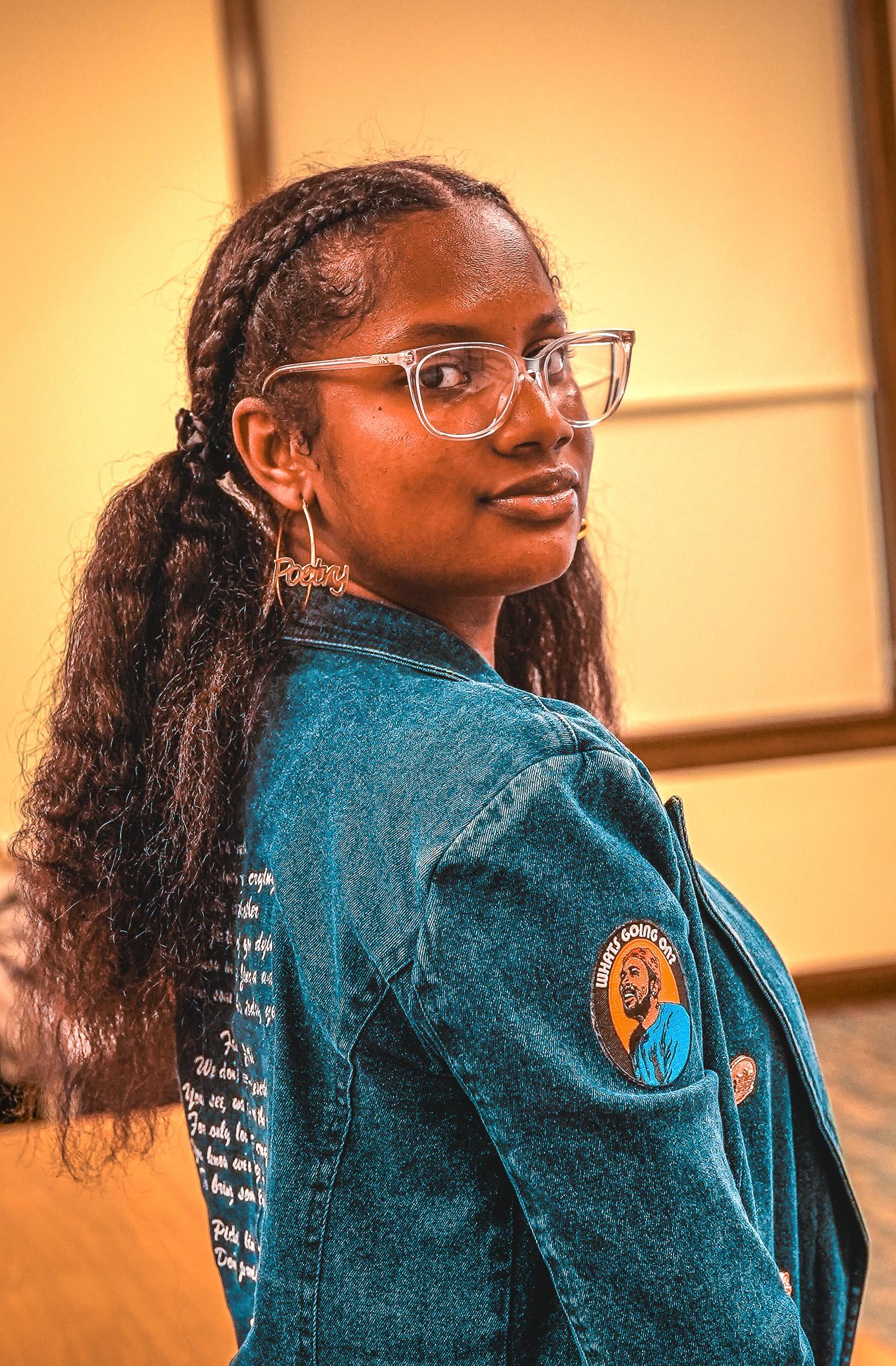
As I left the conference, I was reminded of Saniya Pearson, the 2024 Prince George’s County Youth Poet Laureate, who invited to share her original poem titled “Moving.” She spoke about her relationship to hip-hop through poetry, as, like many artists, the fire for creative expression is what fuels change and progress.
“As for me and my poetry, I think we have a common message of voicing our opinions, the issues that surround us, and then also our personal experiences,” Pearson said. “When you do something that you love, it shows in your work. It shows through your services to other people.”
At this conference, I learned that authentic expression of self is key to the practice of hip-hop as a genre and as a cultural stance on the Black experience. To be a leader in the hip-hop realm should not be taken lightly. “I feel like I’m a leader, and leaders continuously are, even if not purposely imitated, they are a muse for a lot,” said London. “I hope to just continue to be because I’m honored to be. It’s not braggadocios, or cocky, or arrogant[...] If I can’t teach you anything I don’t think my contribution to society is validated. Our purpose as people is to educate and be educated.”
Keep Reading
-
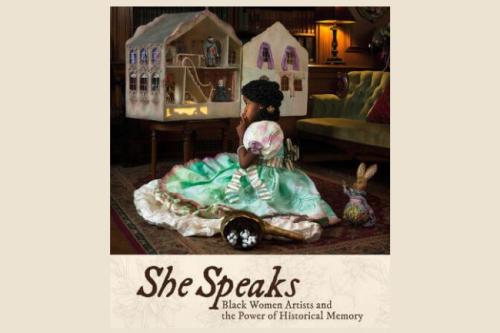 Vanguard
VanguardHoward University Gallery of Art Lends Elizabeth Catlett Works to Major Exhibition on Black Women’s Historical Memory
Jan 30, 2026 3 minutes -
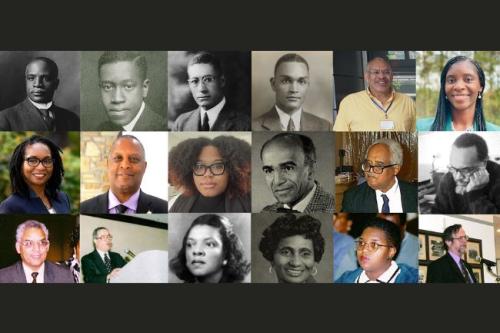 Legacy
LegacyBuilding the Mathematical Mecca: Howard’s Half‑Century of Innovation, Scholarship, and Leadership
Jan 29, 2026 7 minutes -
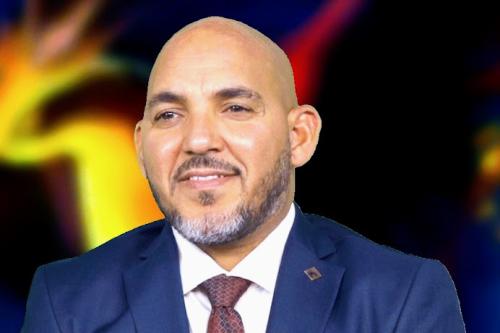
Are You a Member of the Media?
Our public relations team can connect you with faculty experts and answer questions about Howard University news and events.
Submit a Media Inquiry

